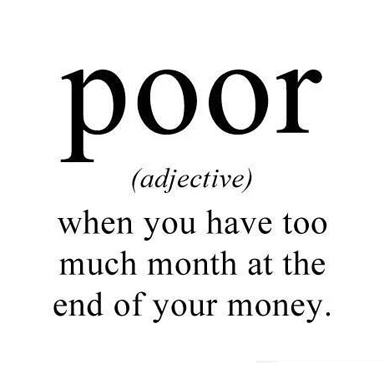There are few concerns that are more stressful than wondering what would happen to your family in the event of you passing. If some tragedy were to come against you, how would your family survive? Do they already have the means necessary to maintain their current standard of living? Or do they face the risk of losing their home? Fortunately, there is a way to meet your family’s needs even after your demise. A life insurance plan will ensure that your family members receive the help they need at a time when they need it most. Of course, saving money on your life insurance plan is just as important as investing in one. That’s why this brief guide will quickly show you 10 ways to save money on life insurance.
As with most insurance policies, the first thing to remember is to shop around. Different vendors offer discounts for various circumstances, and certain vendors may be more willing to offer discounts for specific aspects of your life than others. Find out the specific packages offered by each company and determine which one best suits your lifestyle. You could easily save thousands by choosing the ideal plan. This is one of the essential ways to save money on life insurance, regardless of the plan that you chose.
You should also think about term life insurance. These terms can sometimes be purchased by healthy individuals for less than $200 per year. Although the benefits will not be as high for your family, it will provide them with the help they desperately need in the event of your death. This type of plan is especially useful for individuals that have carefully planned their savings over the years.
Improve the quality of your lifestyle. Insurers are more reluctant to accept unhealthy clients and will typically charge higher premiums for those that smoke, are obese, or work in a dangerous industry. By taking care of your health, you will be able to provide your family with more benefits at a lower rate. This is also one of the universal ways to save money on life insurance, regardless of the company you choose.
You can also save money by paying your premiums each year rather than on a monthly basis. Many companies will include fees for monthly payment plans and you may also find it more difficult to keep track of the total amount of money that you are actually paying. By paying annually, you will only have to anticipate one payment very year and, over time, you will save a tremendous amount of money by eliminating monthly fees.
When you are ready to purchase a life insurance plan, you must ensure that you are only purchasing the coverage you need. This begins by carefully determining your family’s living expenses. You should also find out which aspects a life insurance policy you may not need. For example, healthy individuals should avoid investing in a guaranteed issue policy. You also wouldn’t need to plan for a child’s education until you actually have a child. You can always adjust your policy as your life changes.
Insurance agents that work on commission will always search for ways to charge you as much money as possible. Choosing one of these agents is one of the worst ways to save money on life insurance. To avoid this, consider purchasing a no-load plan. As an added bonus, these plans allow a higher portion of your investment to increase the benefits for your family. Only a handful of companies offer this type of policy, so conduct your research carefully.
For young adults, this is the best time to save money on life insurance. As you age, life insurance policies become more expensive. Young people are poised to take advantage of tremendous savings that will never be available to their seniors. They are also in the best position to quickly improve their health, which provides even more savings.
You may also want to consider any life insurance plans offered by your employer. Many companies provide employees with lucrative options for different policies and you will typically pay much less for a policy than if you purchased it on your own. Employer sponsored plans offer a measure of income protection as you can often purchase plans based on multiples of your income. Some employers will even cover a portion of the fee. However, it’s important to remember that your coverage may change or even end if you change jobs.
Similar to working in a dangerous position, your rates may also increase if you regularly engage in risky behavior. Those that may want to spend a weekend whitewater rafting or kayaking, for example, could easily see their rates increase. This is especially true if serious injuries (such as broken bones) are frequent.
Many life insurance companies will also tell you that a health examine is not required to purchase one of their packages. They ensure that by answering few health questions, you have provided all of the essential information for a great deal. This, however, is not always the truth. Although you may still be able to obtain a policy, your price will be determined by making assumptions based on the average individual that meets your circumstances, which will typically lead to a higher cost than required. You should always complete an examination of your health before you consider a policy.
Finally, if you bundle insurance policies together, you can often take advantage of reduced prices.
This article was written by a former sponsor.























